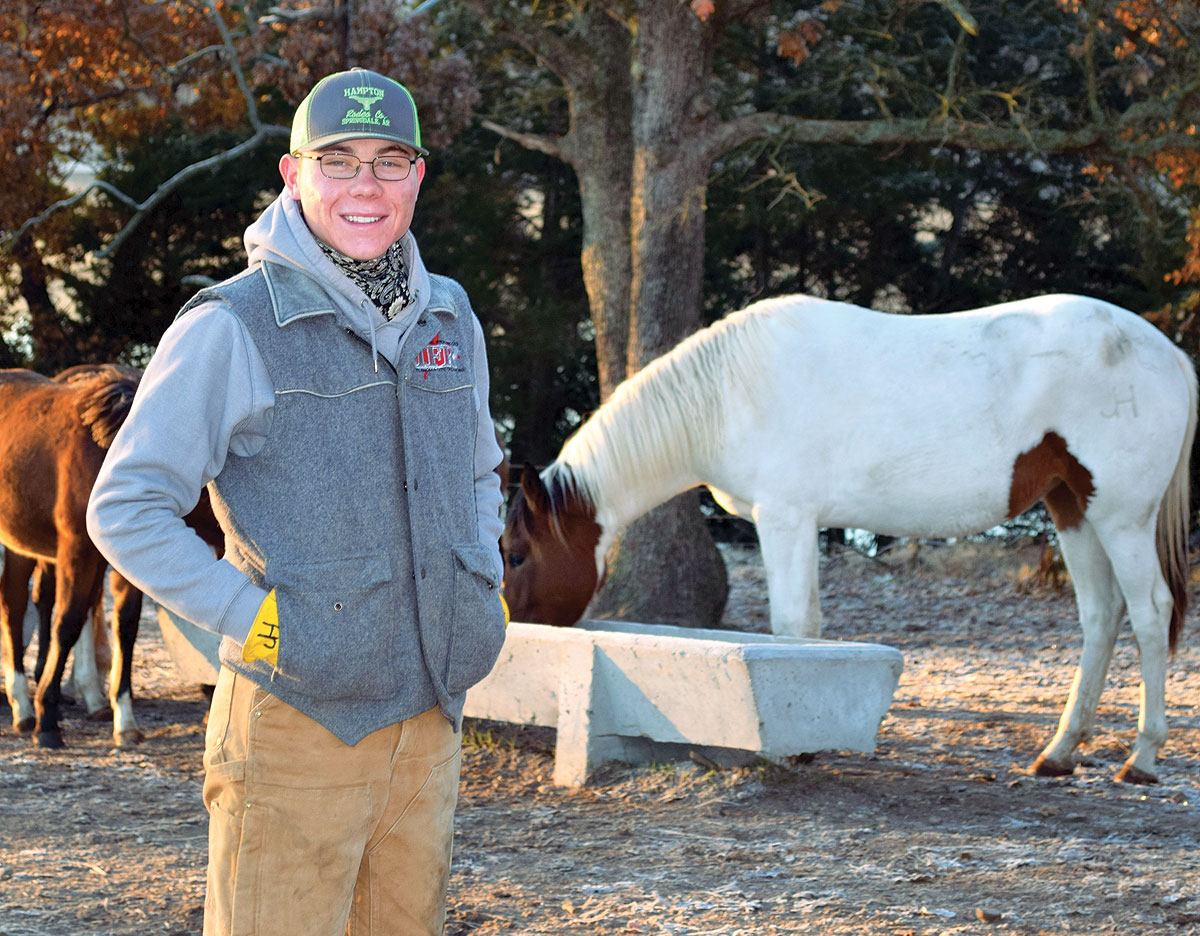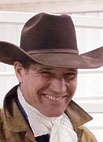
Some families do everything they can in order to take charge of the future and ensure that farms stay within their family.
Junior and Jenelle Dotson moved to Junior’s father’s 85-acre commercial cattle farm in 1973 when their daughter, Julie Clark, was 9. Two years ago, the family decided that Julie, her sister Joni and her brother Jason and their families would buy the farm from their parents as a family operation, now named Blest J Farms.
Even though all of the families have homes on the land, they have off the farm jobs making time the biggest issue. Some initial decisions included details of implementing the transition and assigning tasks and income dispersion.
“I’ve worked since I was 14 and full-time since I was 16,” Julie said. “I told my dad he had to teach me because I didn’t know much.”
The purchase, finalized only last August, was made possible through two government programs with each program comprising half of the loan. The first was a Farm Service Agency loan secured through agent Kelly Bollinger, who then pursued the rest of the monies through the Arkansas Rural Endowment Fund and guided the family through the extensive paperwork. The endowment fund was established in 1959 as a nonprofit and is not an official part of either the federal or state governments though access is through its association with FSA.
“It’s hard letting go after all these years, but Junior and I know this is the right thing to do to ensure an economically advantageous transition. Nonetheless, letting go of some of the decision-making is difficult,” Jenelle said.
“I am amazed by how the family pulls together to get things done. We call for a Saturday workday, and everybody comes,” Julie added. “These days are fun as well as productive with my husband Rickey and Joni’s husband David working right along with us.”
Julie’s daughter Katie is a common presence, in addition to Jason’s wife Jackie and Joni’s daughter Hannah. Junior still does the daily work, such as feeding and checking of the cows, while the rest of the family works on improvements and maintenance.
One of the major changes in the new family business is the development of a record keeping system since Junior never kept written records but kept everything in his head. Julie and Katie took pictures of all of the cattle as a pictorial record with Junior now telling Julie when he sells animals or when calves are born. The goal is to keep records from birth to auction, but right now that process is rudimentary.
Infrastructure demands immediate attention with and improved corral system as the highest priority. However, the decision of when to sell is based on weight and Junior’s “coffee shop talk” with neighbors and sale barn customers in terms of current pricing. This year, because the grass was good and prices not so much, calves are being kept longer for more weight gain and hopefully a better market.
Grain is used sparingly when calves are weaned and before they are sold, and occasionally with the bull to keep him “responsive.” Cubes are used occasionally with cows for the same reason.
“Grain is Junior’s dog,” Jenelle said. “It brings the cows in.”
The current herd is comprised of 40 momma cows with a preference for Simmental bloodlines in bulls. Some heifers are sold and some are used as replacements with other heifers being purchased because of more favorable pricing rate right now.
Grasses are mostly fescue and Bermuda, with rye grass added this fall for better winter forage. Pastures are sprayed in the spring and spot sprayed as needed. The biggest problem has been carrot weed, a wild carrot member of the parsley family. Junior and Jenelle used Chaparral with surfactant added and have the problem now well under control.
Chicken litter has been the fertilizer of choice, especially when Junior and Jenelle raised chickens. However, a commercial fertilizer was used this year with good results, although good rains may have contributed to that success meaning the decision will have to be revisited later. Half of the land is hayed while four to five other clients supply additional income to the farm through custom haying. The farm charges by the bale, as it does with the Passion Play in Eureka Springs, Ark., since they need all their hay, or bale on halves.
Katie loves being part of the Blest Farms.
“Workdays are when we can all get together, enjoy each other’s company, and get work done at the same time. I really love being outside and part of this adventure,” she said.
Blest J Farms is beginning a new chapter in its life. The family hopes someday to be able to lease more land around their farm and perhaps purchase some additional land in the future.







